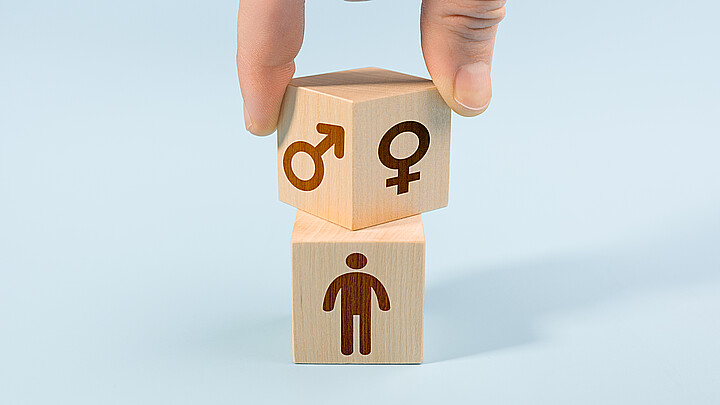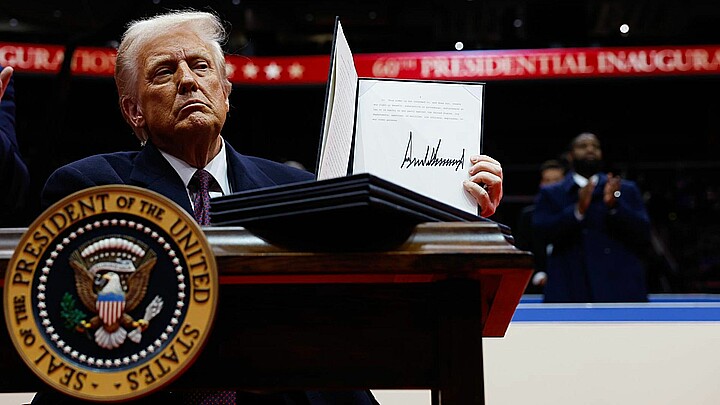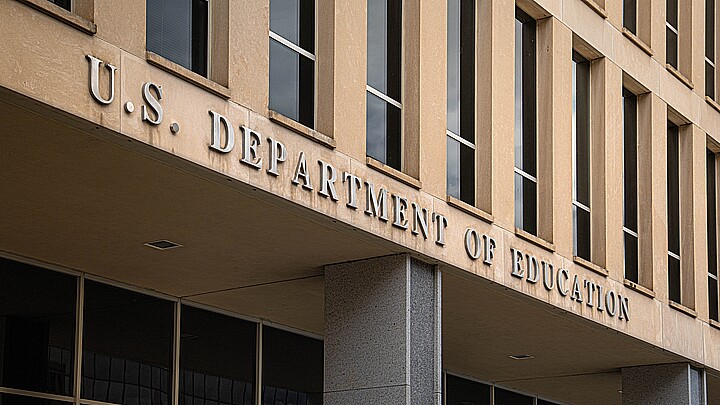Education
South Carolina to require personal finance class of all high schoolers
South Carolina will soon require high school seniors in the state to take a personal finance class to graduate, becoming the final Southern state to do so
July 23, 2022 6:52am
Updated: July 23, 2022 6:52am
South Carolina will soon require high school seniors in the state to take a personal finance class to graduate, becoming the final Southern state to do so.
State lawmakers included a provision in the 2022-2023 budgets, which directs the S.C. Department of Education to develop the curriculum and revise graduation requirements by September 30, reports The Post and Courier.
The course was championed by state Sen. Luke Rankin (R-Conway), who said the requirement would help improve young adult’s financial decision-making.
“Whether for student loans, credit cards, borrowing for car/home, the cost of poor decisions last a lifetime, burdening borrowers with overwhelming debt,” Rankin wrote in a tweet.
“Finally, all students will receive a personal finance course to help prepare them for their future.”
South Carolina is the 15th state to adopt a personal finance requirement for high school graduation, according to Next Gen Personal Finance, a group who advocates for increased financial literacy in high schools.
It is unclear how the half-credit course will fit into the 24 credits currently required for graduation. A spokesman for the education department said that no date had yet been set for it to go into effect.
Jim Morris, CEO of the S.C. Council on Economic Education, told The Post and Courier that it is important to teach personal finance at a young age because it’s hard for people to unlearn bad financial habits.
“You’ve got to find a way to budget such that you’re spending less than you make and that’s very difficult for young people as they transition into adults,” Morris said.
“And if you don’t get the habits right then they become adults who never really get it right.”
Morris pointed to how the pandemic had tested Americans’ financial preparedness, highlighting how important it is for people to have emergency savings.










